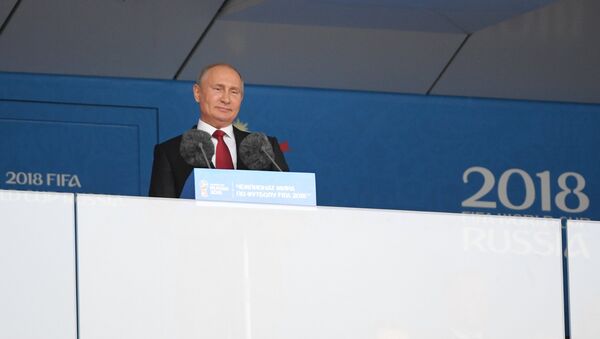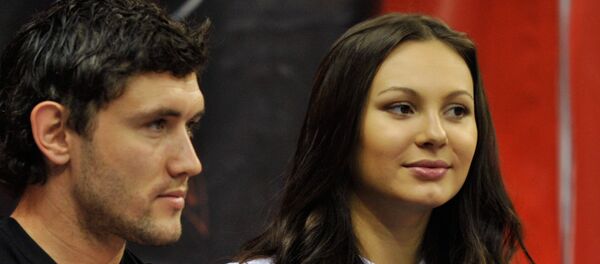"It would have been unfair on the team — young athletes who have trained so hard for what is the summit of their careers. It would have been unfair on the fans — who simply want to enjoy the sport without the intrusion of politics," UK Foreign Secretary Boris Johnson wrote in his op-ed in The Sun.
He claimed that London’s "dispute is solely with the current administration of the Kremlin", and that the British government has "no quarrel with Russia, or the Russian people."
Johnson further insisted that there was "nothing but friendship and admiration" between the Britons and Russians, which allowed them to work together "irrespective of politics" on sensible precautions ahead of and during the World Cup. The politician cited cooperation between the countries’ police forces and the fact that the UK Consulate in St. Petersburg was allowed to stay open until after the World Cup, despite Russia’s previous order to close the mission.
The foreign secretary added that while "Putin's Russia" had won the right to host the World Cup, the event "does not belong to the Kremlin," but to football fans everywhere in the world.
Earlier in March, Johnson mentioned the probability of boycotting the football championship over the alleged poisoning of former Russian spy Sergei Skripal and his daughter Yulia who eventually managed to recover and were released from the hospital.
The British government blamed the incident, which reportedly occurred in the British city of Salisbury, on Moscow and expelled a large number of Russian diplomats from the country, with several European states and the US following suit.
UK Prime Minister Theresa May also said that neither UK ministers nor members of the royal family would attend this year's World Cup.
Russian authorities have strongly refuted the allegations as groundless.
READ MORE: Victory in World Cup Opening Match to Be 'Basis for Future Success' — Official
Russia's first-ever FIFA World Cup kicked off on Thursday and will continue through July 15, with a total of 64 matches set to be played at 12 stadiums across 11 Russian cities.


